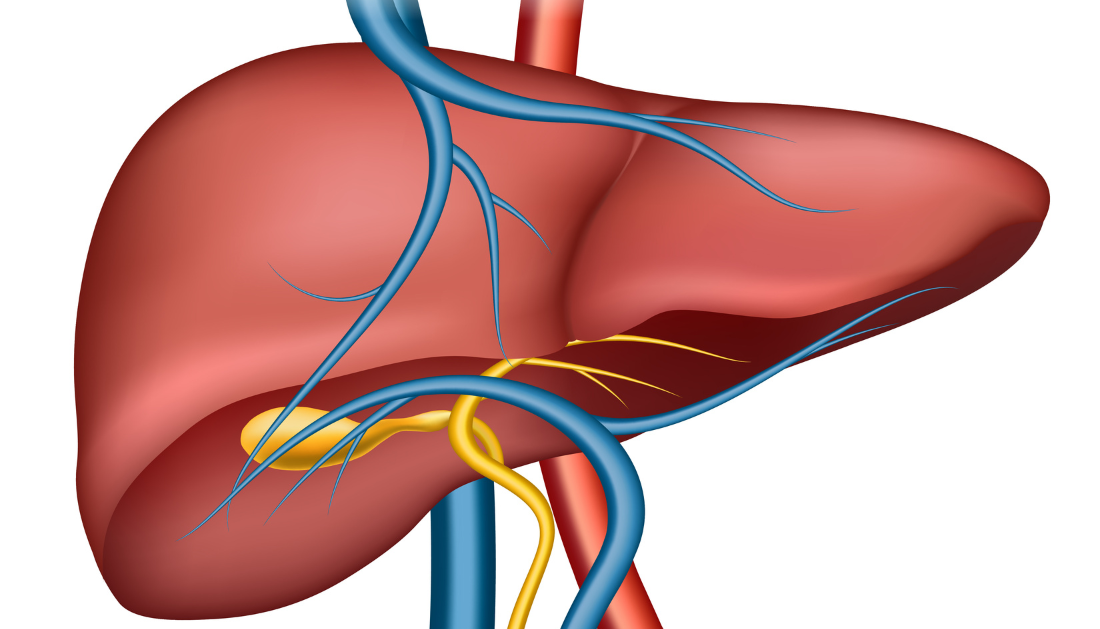

Ischemic cholecystitis is a type of gallbladder inflammation that develops in the absence of gallstones or other external pressures. It is caused by a lack of blood flow to the gallbladder tissue.
This new study is significant because it contributes to a better understanding of the pathogenesis of ischemic cholecystitis and the development of more effective treatments for this ailment.
A study was done by a team of researchers from the University of California, San Francisco, to investigate the cause of this condition. They discovered that the gallbladder is particularly vulnerable to ischemia because it receives its blood supply from a terminal artery, which means that if this artery becomes blocked, there is no other artery to deliver blood to the gallbladder.
The researchers also discovered that ischemic cholecystitis is more likely in severely unwell patients. This is because critically ill individuals are frequently hypovolemic, or have low blood volume. This can result in decreased gallbladder perfusion, which can cause inflammation.
These findings have substantial implications for ischemic cholecystitis diagnosis and treatment. This is sometimes misinterpreted as another ailment, such as sepsis or pancreatitis, due to its difficulty in diagnosis. This can result in therapy delays and lower patient outcomes.
The researchers also discovered that ischemic cholecystitis recurs more frequently than obstructive cholecystitis. This means that patients with ischemic cholecystitis are more likely to undergo gallbladder removal operations.
The gallbladder is surgically removed to treat this condition. This is the only way to keep the condition from coming back.
Ischaemic cholecystitis is a rare but deadly illness that is more common in critically unwell people. Clinicians must be aware of this disorder to diagnose and treat it as soon as possible.
For more information: Favela, J. G., et al. (2023). Aetiology, diagnosis and management for ischaemic cholecystitis: current perspectives. eGastroenterology. doi.org/10.1136/egastro-2023-100004.
more recommended stories
 Children’s Health in the United States is Declining!
Children’s Health in the United States is Declining!Summary: A comprehensive analysis of U.S..
 Autoimmune Disorders: ADA2 as a Therapeutic Target
Autoimmune Disorders: ADA2 as a Therapeutic TargetAdenosine deaminase 2 (ADA2) has emerged.
 Is Prediabetes Reversible through Exercise?
Is Prediabetes Reversible through Exercise?150 Minutes of Weekly Exercise May.
 New Blood Cancer Model Unveils Drug Resistance
New Blood Cancer Model Unveils Drug ResistanceNew Lab Model Reveals Gene Mutation.
 Healthy Habits Slash Diverticulitis Risk in Half: Clinical Insights
Healthy Habits Slash Diverticulitis Risk in Half: Clinical InsightsHealthy Habits Slash Diverticulitis Risk in.
 Caffeine and SIDS: A New Prevention Theory
Caffeine and SIDS: A New Prevention TheoryFor the first time in decades,.
 Microbial Metabolites Reveal Health Insights
Microbial Metabolites Reveal Health InsightsThe human body is not just.
 Reelin and Cocaine Addiction: A Breakthrough Study
Reelin and Cocaine Addiction: A Breakthrough StudyA groundbreaking study from the University.
 Preeclampsia and Stroke Risk: Long-Term Effects
Preeclampsia and Stroke Risk: Long-Term EffectsPreeclampsia (PE) – a hypertensive disorder.
 Statins and Depression: No Added Benefit
Statins and Depression: No Added BenefitWhat Are Statins Used For? Statins.

Leave a Comment